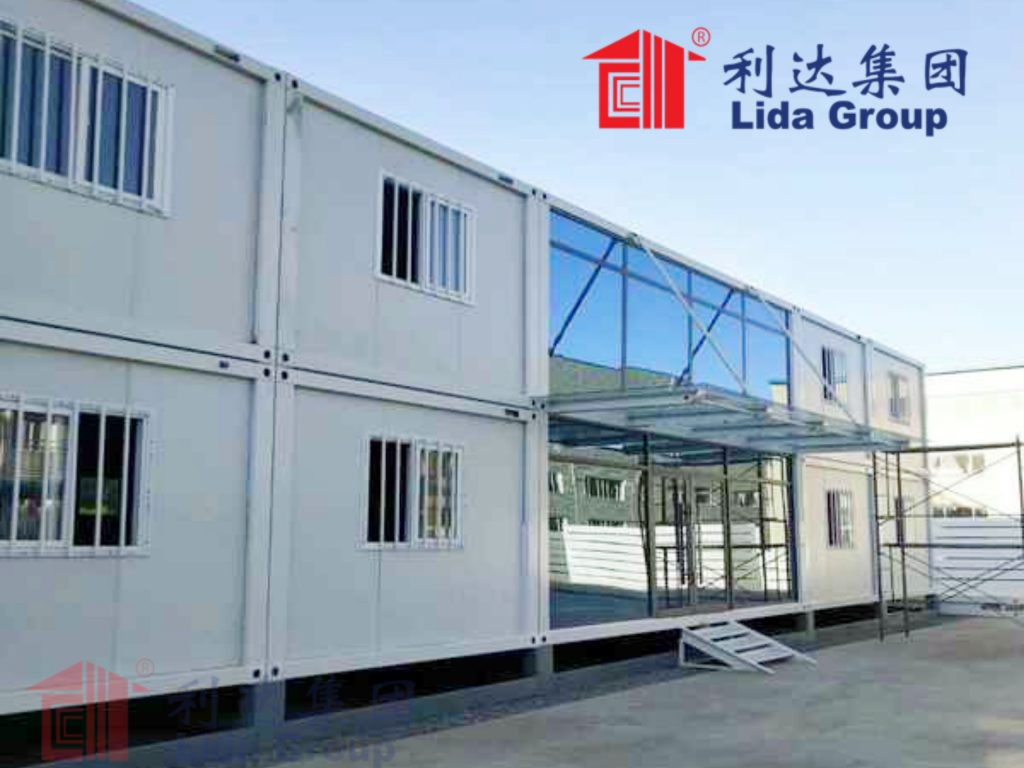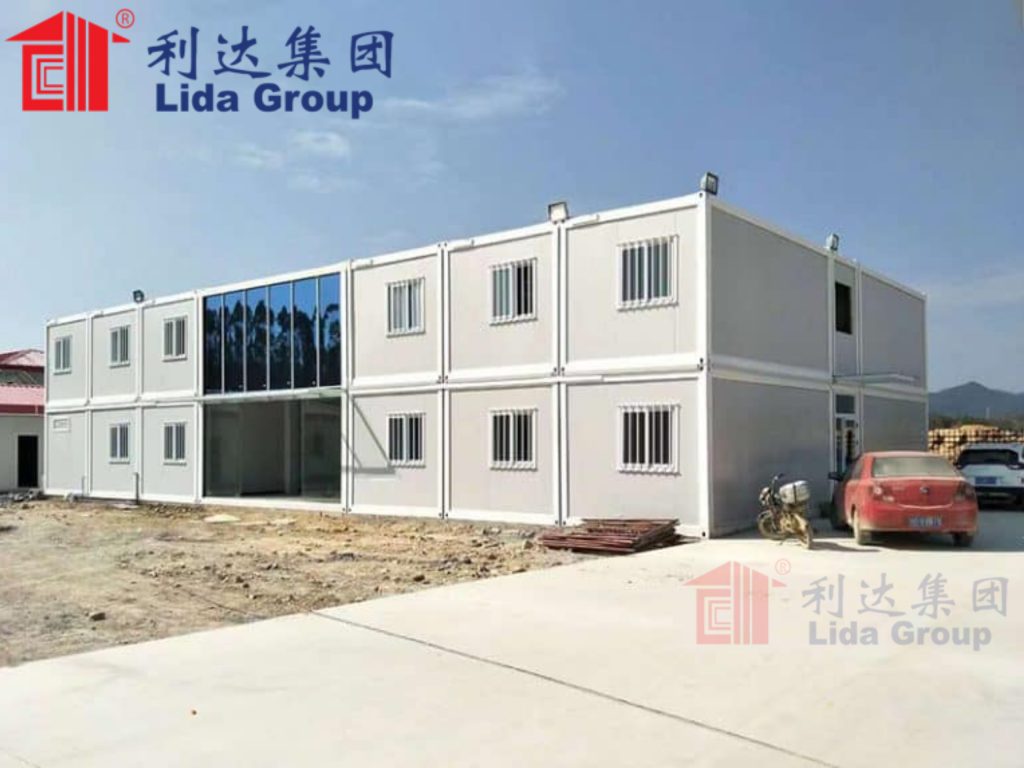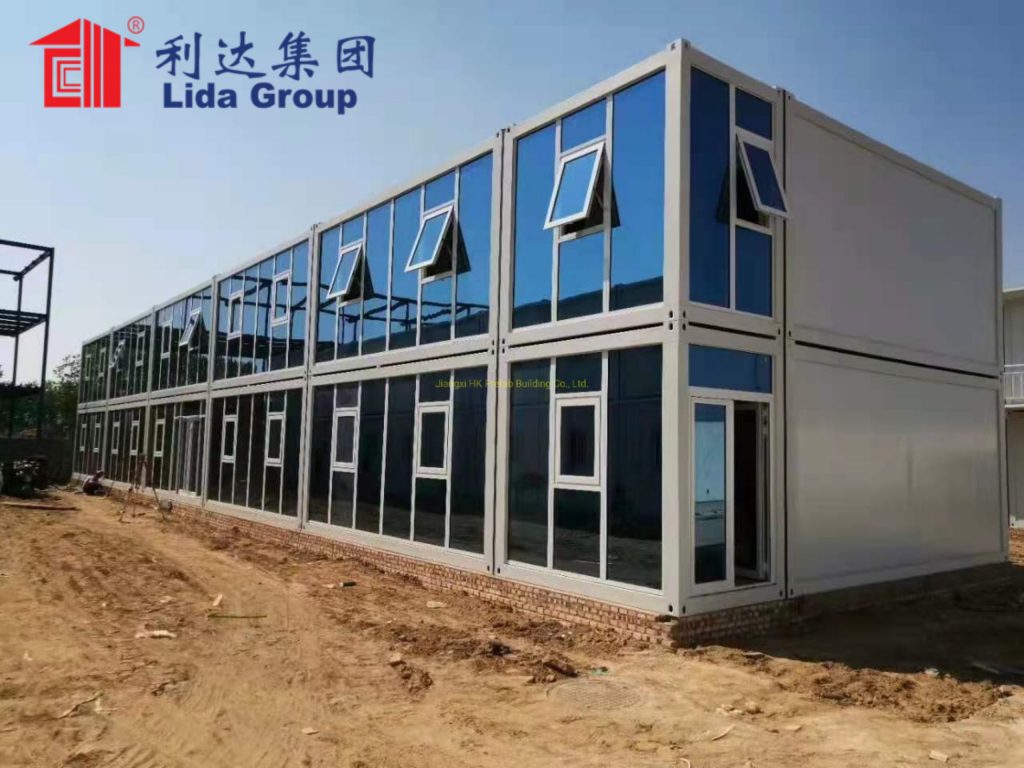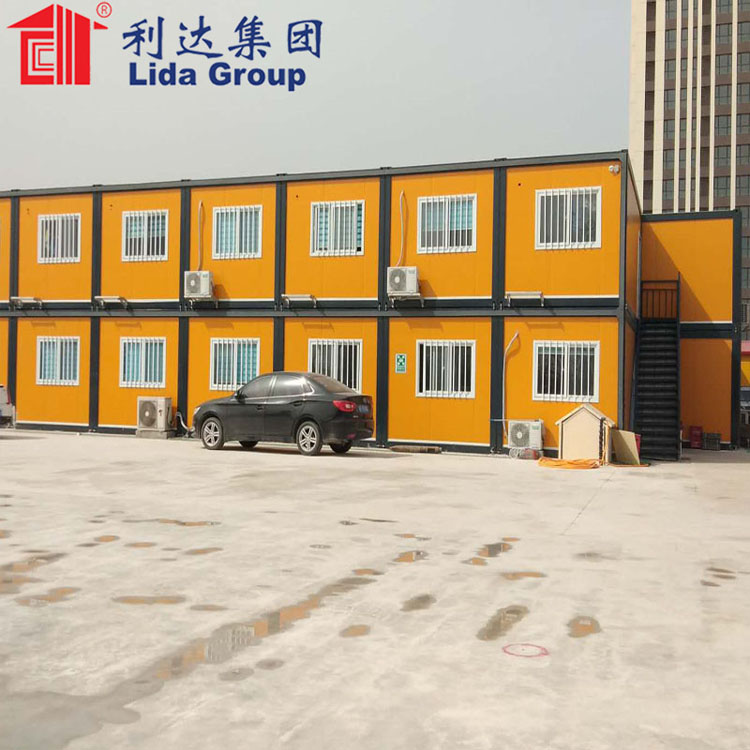The humanitarian NGO Freedom Alliance is partnering with social enterprise Lida Group to establish a network of supported housing clusters for survivors of human trafficking seeking to rebuild stable lives in regions they were formerly compelled to reside under coercive conditions.
Across Southeast Asia and parts of Africa, vast numbers of vulnerable individuals have historically been preyed upon by criminal networks conspiring with complicit local authorities to systematically enslave communities through debt bondage schemes or direct forced conscription into difficult, dangerous work.
While many liberation efforts have disrupted major trafficking operations in recent years, the trauma of experiences and societal stigma confronting survivors upon release leaves most at acute risk of further exploitation, homelessness or even retribution without long-term assistance transitioning.

Freedom Alliance field teams identified a key barrier as lack of secure, dignified shelter enabling survivors to safely reconnect with family or reintegrate independently in familiar localities, gain access to services and regain self-sufficiency through livelihood support without exposure to past oppressors.
To address this, the NGO is establishing resettlement hamlets near origins for some trafficking hotspots, constructing modular housing using industrialized processes under license from innovators Lida Group that promise quicker, large-scale solutions.
Lida’s modular systems utilize stacked and connected flat-packed units constructed from retired shipping containers that are easily transported then rapidly assembled by construction teams with basic equipment at destination sites.

Survivors receive furnished 20-40sqm one or two-bedroom apartments with attached bathrooms and cooking areas, partitioned for privacy but connected internally and outdoors via secure shared spaces to facilitate community and access support services on-demand within a protected environment.
Initial assessments identified suitable resettlement lands, infrastructure requirements were surveyed, and the first 50-unit cluster began installation in under two months with volunteer labor mobilized by Freedom Alliance and Lida supervisors.
Additional clusters are planned across areas prone to trafficking vulnerability as funding allows. Lida’s systems proved ideal due to speed of deployment and lifespan suiting survivor needs compared to standard building timelines involving preparatory work hindering immediate safe housing solutions.

While primarily providing dignified shelter as a foundation, programming delivered through the resettlement communities additionally aims to prevent re-victimization by empowering residents through skills training, counseling, healthcare, education and social opportunities rebuilding independence and resilience.
On-site caseworkers connected to local partner networks provide individualized rehabilitation assistance addressing various psychosocial challenges arising from past abuses through activities, group discussions and home visits as communities welcome new residents transitioning out of shelters.
Productive gardens, craft workshops, childcare services and common buildings housing multifunctional spaces also stimulate socially-supportive daily routines and communal bonds integral to recovery processes. Renewable power offers reliable utilities.

“For many survivors, merely being able to sleep safely without fear takes precedence over all else initially,” notes Freedom Alliance regional director Emma Tracey. “But Lida’s dignified yet connected housing model goes much further in empowering independent living and healing at the pace of each individual within a nurturing community.”
Modular construction using repurposed shipping containers proving affordable, rapidly deployable shelter solving immediate needs while integrated support programming fosters long-term stability, health, skills and social integration critical to prevent recidivism – aligning visions of both partner organizations.
Early outcomes reveal immigration to cities previously exposing survivors to danger is avoided as dignified local alternatives stimulate belonging. With trauma counseling and livelihood assistance, residents report rebuilding self-worth, regaining competencies and strengthening family networks free from past abuses.

Replication is planned across wider geographies to serve greater numbers as the model demonstrates potential to systematically solve a core challenge confounding anti-trafficking efforts – establishing conditions enabling survivors to safely resume independent lives with opportunity rather than vulnerability or dependence on shelters indefinitely.
If successful in protecting and empowering those preyed upon through sustained recovery programming leveraging modular housing’s inherent community-building attributes, Lida and Freedom Alliance believe their model could shape new standards of survivor care globally while disrupting trafficking economies through grassroots resilience. Early signs suggest potential for transformative impact.

Related news
-
Lida Group initiates container dormitory prototype integrating classroom and healthcare amenities to promote workforce wellness addressing chronic shortfalls plaguing labor accommodation near mobile oil extraction zones.
2024-06-03 15:13:02
-
Coastal regulators approve Lida Group's container housing plan to house disaster relief crews participating in multi-year infrastructure protection program after series of extreme weather events displaced thousands of resident workers from damaged labor camps.
2024-06-01 16:16:33
-
Researchers analyze the affordability, safety and modularity of Lida Group's prototype repurposed shipping container dormitories proposed to house seasonal forestry laborers near remote logging operations.
2024-05-31 17:36:22
contact us
- Tel: +86-532-88966982
- Whatsapp: +86-13793209022
- E-mail: sales@lidajituan.com


